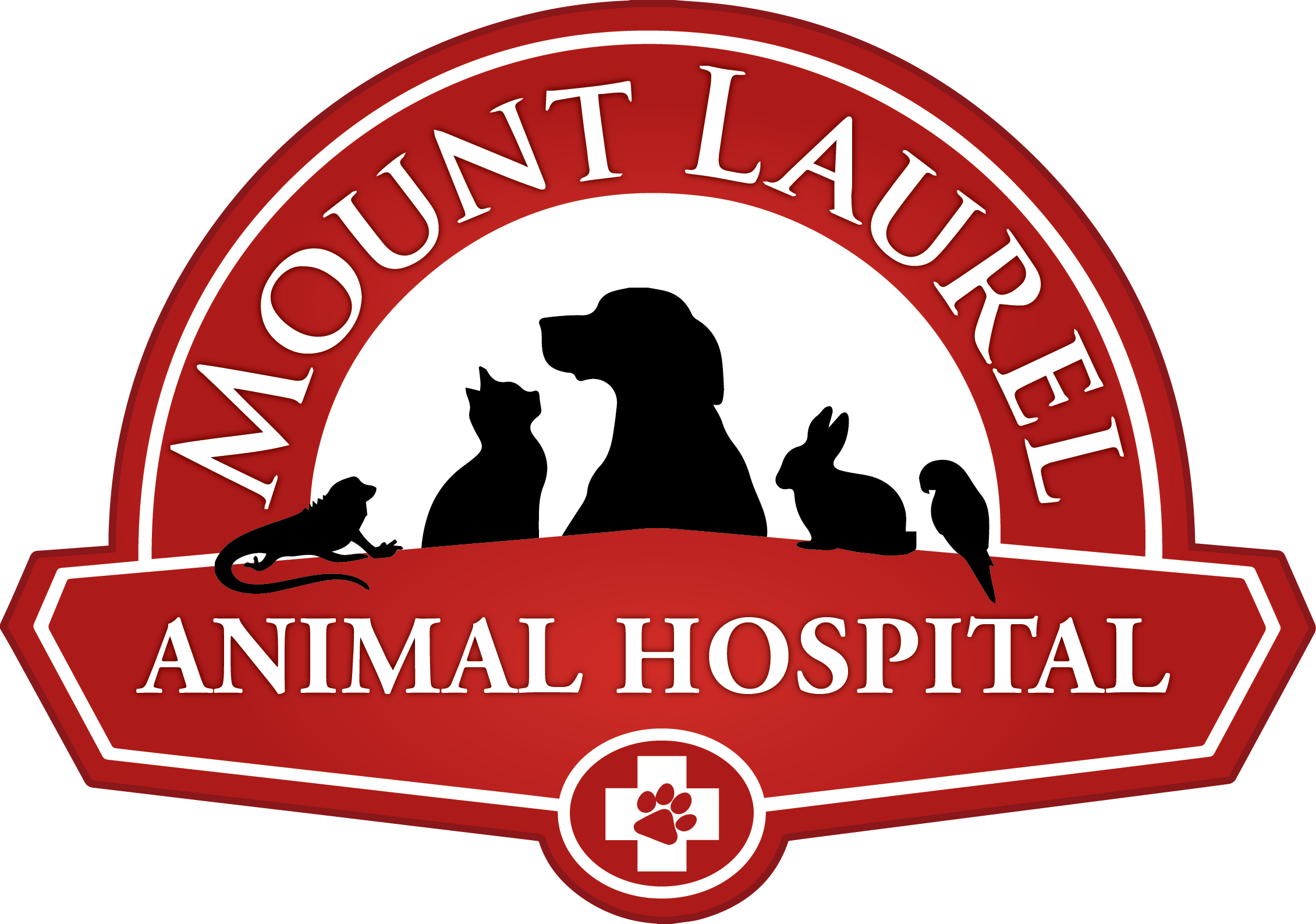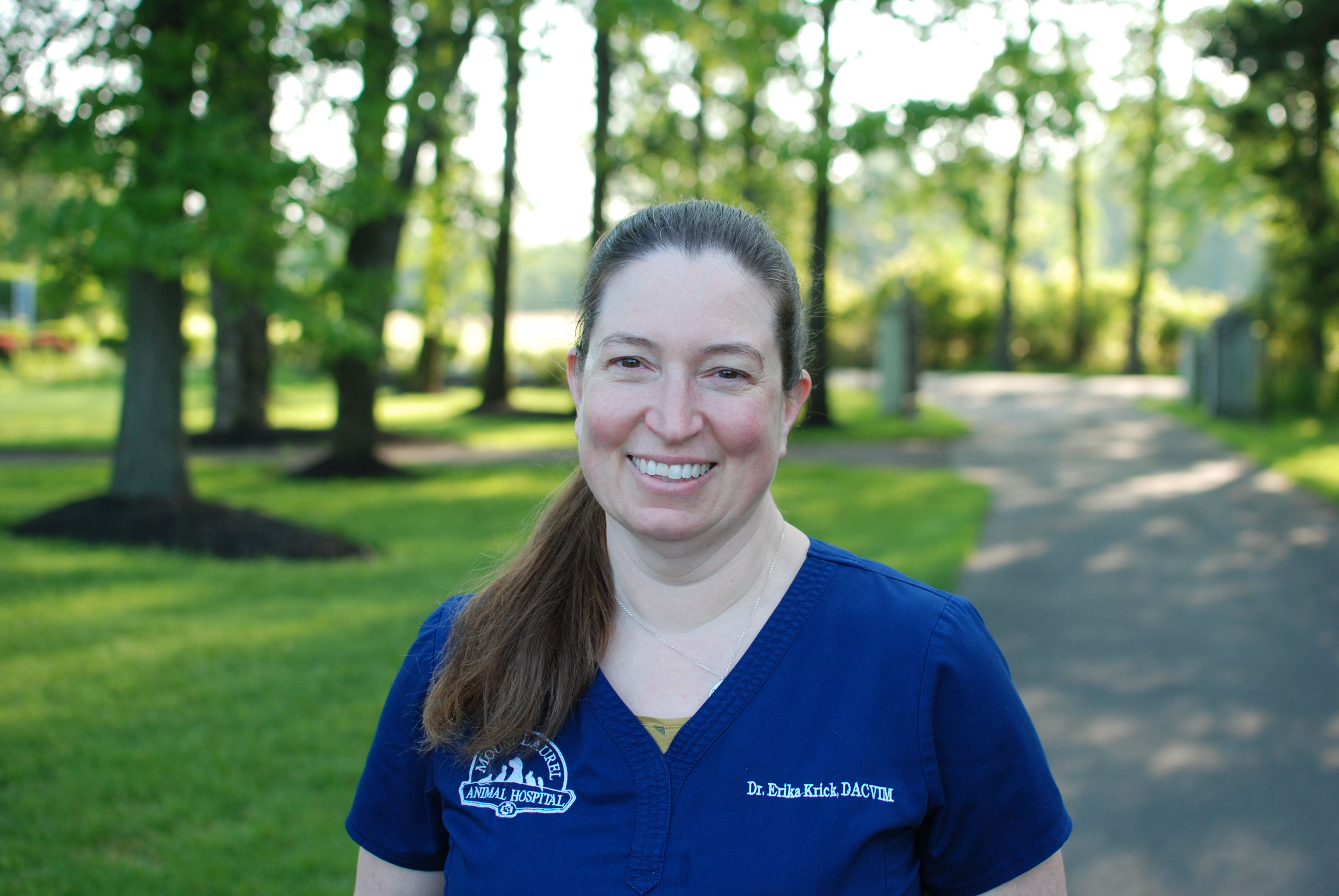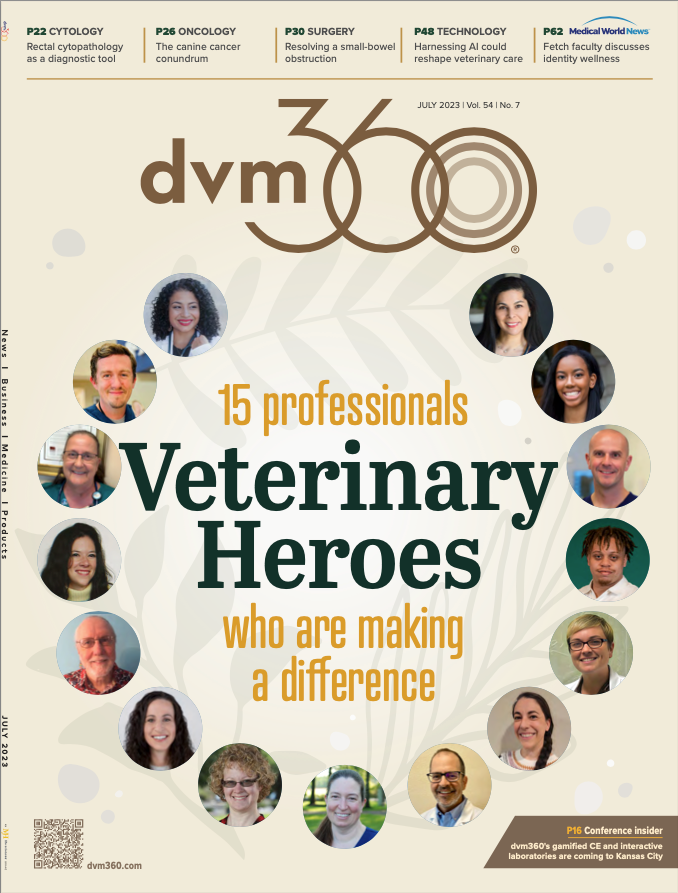Celebrating our Veterinary Heroes: Erika L. Krick, VMD, DACVIM (Oncology)
For the third year, dvm360 is recognizing industry professionals who are advancing the field and improving the lives of patients, clients, and staff with our Oncology winner, Erika L. Krick, VMD, DACVIM (Oncology)
dvm360 is pleased to present the 2023 class of Veterinary Heroes. Nominated by their peers and selected for the recognition by a committee of esteemed veterinary professionals, 15 award recipients were chosen in various veterinary industry roles and specialties in this third annual program.
The Veterinary Heroes recognition program, which is supported by Oncology category sponsor Mount Laurel Animal Hospital, celebrates the achievements of outstanding veterinary professionals who are advancing the field and making a difference in animal care. These winners will be honored on Thursday, August 24, 2023, in conjunction with a Fetch dvm360 conference in Kansas City, Missouri.
Make sure to register for Fetch Kansas City if you have not already!

Oncology winner: Erika L. Krick, VMD, DACVIM (Oncology)
This category is sponsored by Mount Laurel Animal Hospital.
Erika L. Krick, VMD, DACVIM (Oncology)

Like many veterinary professionals, Erika L. Krick, VMD, DACVIM (Oncology) knew from a young age that she wanted to pursue a career in veterinary medicine. And she came by her love of animals honestly. Krick explained that her parents were the type of people who would pull over if they saw a cat or dog on the side of the road and try to help it. She vividly remembers a time when her dad was at work and found a yellow Labrador retriever with a collar on, but his leather leash was cut as if the dog was chained up and purposely let loose. After taking the dog to the local veterinarian, Krick’s family decided to keep him.
“I fell in love with him, and I actually, before we got him, used to be a little bit scared of dogs, but I was never frightened of him. And he just became like the best dog ever,” she said. “Then when he died, [it was] of a really aggressive form of muscle disease, and he was really sick. I was in college, so I didn’t know exactly what he had. I remember [thinking], ‘This is what I want to do with my life. I want to help sick animals, and I want to help their people.…’”
Krick said she never expected to specialize in veterinary medicine. She figured she would go to veterinary school, move home, and join her veterinarian’s practice. It wasn’t until learning about cancer in veterinary school that she became interested in oncology. She even manipulated her schedule to take her oncology rotation twice. Still, she was unsure about committing to an internship residency because she wanted to get a job and start her career.
These days, Krick is a clinical practitioner and medical director at Mount Laurel Animal Hospital in New Jersey. She previously served as department head of oncology and a hospital employee advocate. Krick said the best part about working in oncology is the relationships she creates with clients and patients. She explained that oncology is a partnership between the clients and the oncologist, with them working together to find the best-case scenario for that patient. She noted that you must also consider the caretaker when you have an oncology patient and that not all the treatment considerations are medical.
“You get to know the pet, you get to know the owners, [and] you are really partnering with each other to come up with the best plan for the pet based on all the factors because sometimes the thing that makes the most sense medically isn’t the thing that makes the most sense for that particular pet, or for that family, or for that owner,” explained Krick. “People have to figure out the cancer treatment that’s going to work best overall. You can’t just look at it in a silo of like, ‘Well, clearly this dog needs chemotherapy.’ [Maybe] they don’t have a car and they can’t get here, or they have a bunch of family commitments that they’re dealing with. Or they have a family member that they’re taking care of at home, and they just can’t quite commit to it. And that’s OK. Our job is then to come up with an alternate plan that everybody’s going to be OK with or see what we can offer [that will] help them be able to do it if they want to do it.”
Krick’s nominators noted that she has authored more than 20 articles and clinical studies in such research areas as feline oncology, canine and feline lymphoma, canine mast cell tumors, and cancer cachexia. “Additionally, she consistently serves as a primary point of contact for families, demonstrating extraordinary communication skills and the ability to act as the liaison between all treating team members to deliver exceptional, compassionate patient care,” a nominator wrote.
